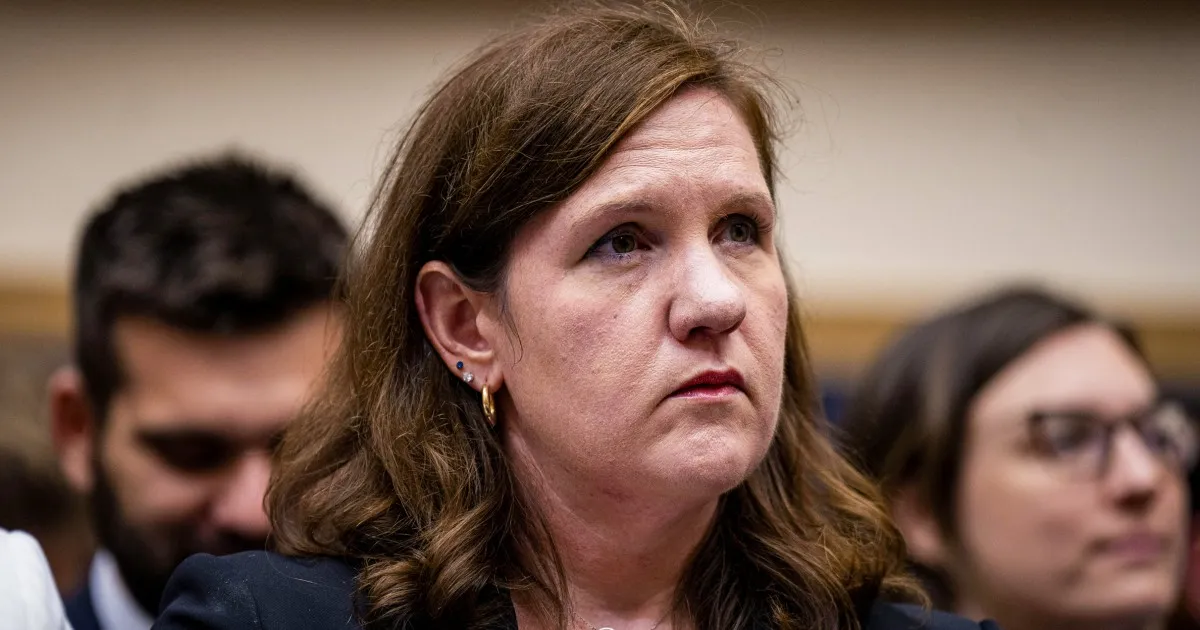
In a significant legal development, the Supreme Court has agreed to hear a crucial case regarding the structure of the federal government. The case will explore whether President Donald Trump possesses the authority to fire a member of the Federal Trade Commission (FTC), despite existing laws that restrict such actions. This decision could have far-reaching implications for the balance of power within the federal government.
The Supreme Court's review comes after a lower court ruled in favor of FTC Commissioner Rebecca Kelly Slaughter. However, the Supreme Court has indicated that this ruling will remain on hold while the case is being litigated, meaning Slaughter will not retain her position during this period. The case centers around a pivotal Supreme Court ruling from 1935, Humphrey's Executor v. United States, which upheld limitations on the president's power to dismiss FTC members. The court's decision could not only affect the FTC but also other federal agencies that operate under similar restrictions.
Chief Justice John Roberts had previously issued a temporary stay on September 8, allowing Trump to remove Slaughter from her position. The decision to permit her firing during litigation was met with dissent from three liberal justices, including Justice Elena Kagan. Kagan expressed her belief that the 1935 ruling should remain in effect until the Supreme Court explicitly overturns it. She raised concerns that the court's actions could lead to an erosion of the separation of powers, shifting authority from Congress to the president.
The Supreme Court's willingness to hear this case suggests that the conservative majority may be inclined to support the Trump administration's arguments. These arguments contend that the legal provisions limiting the president's ability to remove FTC members without cause infringe upon his powers as delineated in Article 2 of the Constitution. Furthermore, the court will also consider whether Slaughter has any legal recourse to remain in office if she ultimately prevails in her argument that her dismissal was unlawful.
In March, Trump dismissed both Democratic commissioners on the five-member FTC, including Slaughter and Alvaro Bedoya. While Bedoya initially challenged the dismissal, he later withdrew from the case. A federal judge ruled in July in Slaughter's favor, referencing the precedent set by the 1935 Supreme Court decision. The U.S. Court of Appeals for the District of Columbia Circuit supported this conclusion, adding weight to Slaughter's argument.
This case is part of a broader trend in which Trump has sought to exert control over independent federal agencies. The Supreme Court has previously allowed Trump to remove members from such agencies, indicating a potential shift in judicial attitudes toward the independence of these bodies. Notably, the court's conservative majority has shown skepticism towards the notion of independent agencies that operate free from presidential oversight.
As President Trump attempts to reshape the federal government through an assertive exercise of executive power, including efforts to control independent agencies and even the Federal Reserve, the upcoming Supreme Court hearings will be critical. Scheduled for December, these oral arguments could redefine the limits of presidential authority and the role of independent agencies in the federal landscape.